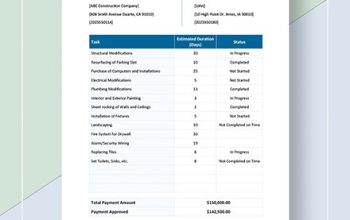At this point, this may be a platitude, but it is still true that the only certainty of life is death and taxes. This is particularly important if you are considering joining life insurance. Many people have the impression that this policy is tax free. Although the compensation of the insurance company is generally not within the scope of normal income and other provisions, it is not entirely correct for the insurance company to say that it can be completely tax-free. In fact, in some expenditures, the tax may be as high as 40%. Therefore, if the policy is transferred, you should know whether it will be affected by the taxpayer. Fortunately, although there are ways to avoid tax problems, we should carefully prepare and study them in advance. We will look at how taxes affect your insurance spending and how you can ensure that your family receives all the benefits they deserve when you die.
income tax
The most common question people have about insurance and taxes is whether they should pay income tax. Fortunately, the answer is absolutely no. Because you have paid (approximately) many years’ premium for your insurance policy, such premium payment has been deemed to be taxable on your income. But income tax may be the most familiar tax, but it is not the only one.
Estate tax
This is our next question, inheritance tax, which is the most common culprit. When most of the premium paid to HM Revenue and Customs is involved. The inheritance tax applies to all estates with a value of more than £ 325000. Unfortunately, life insurance plans will be included in the estate, and worse, 40% of the payments will be taxed. In other words, your family may lose almost half of their original estimated amount on your insurance policy. In addition, payments are included in the estate and may therefore be related to probate. This means that families need to wait longer to receive benefits. (Especially when the will is challenged, it is more and more common in Britain today.)
Use in trust.
The most unfortunate thing about all this is that there is no insurance policy to pay taxes on. You can take very simple steps to determine whether the guarantee payment is tax exempt (and, yes, these steps are perfectly legal). If you think your insurance policy will pay inheritance tax, it is a good idea to write this insurance policy in trust form. By making a guarantee in the form of trust, it can be separated from other assets and exempt from inheritance tax. Instead, the bond is held in trust by the other party, usually the spouse, but is usually paid after death. Making insurance certificates in the form of trust can avoid doubts about the inheritance, so payment can avoid lengthy and expensive probate procedures, and can be quickly handed over to the family.
At the same time, there are also some shortcomings in the way of trust, which need to be dealt with in advance. First of all, the insurance policy is a trust, so there may be certain provisions for its payment. For example, if the beneficiary is a minor, he or she may not receive the insurance contract until he or she is old. Most importantly, many insurance policies have provisions that prohibit the issuance of insurance policies in trust. Therefore, before joining life insurance, you need to read the details so that you can join in trust when necessary.
When it comes to life insurance policies, many people think that they are tax exempt. Although this assumption is certainly correct in terms of income tax, if the number of deaths leaves a lot of inheritance, and the inheritance is subject to inheritance tax, this assumption will not be tenable. Fortunately, by making proper preparations in advance, we can avoid the taxation of insurance benefits, thus reducing the financial burden of the family after death.










